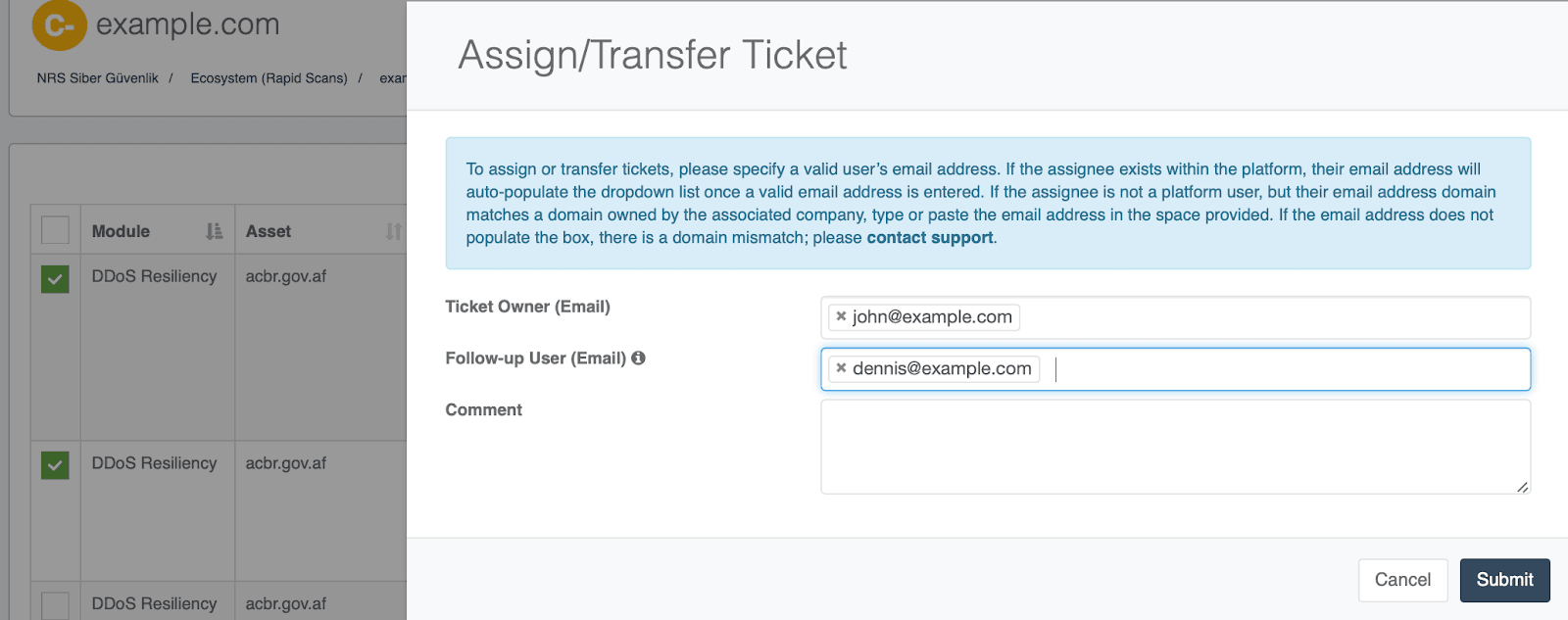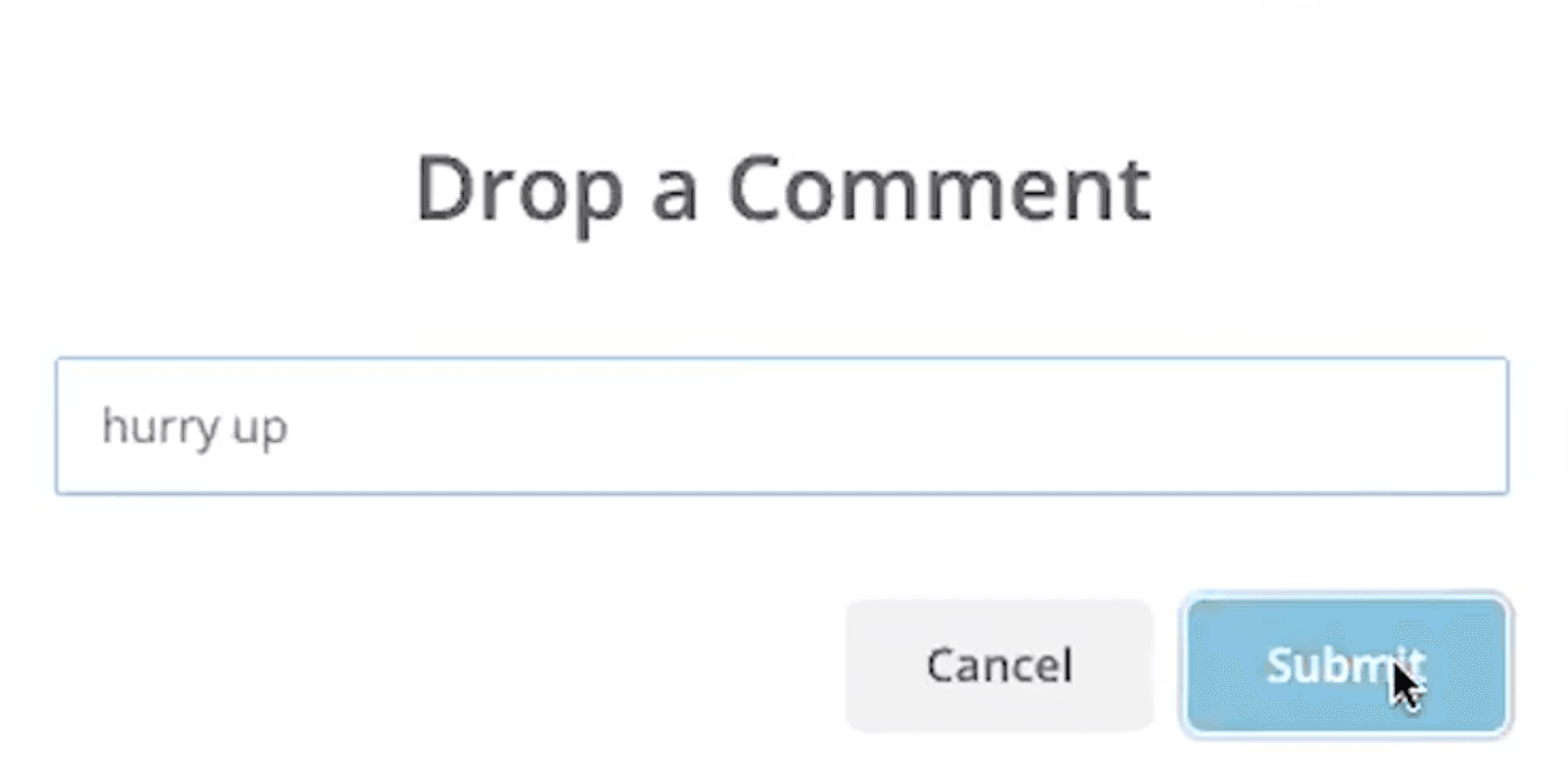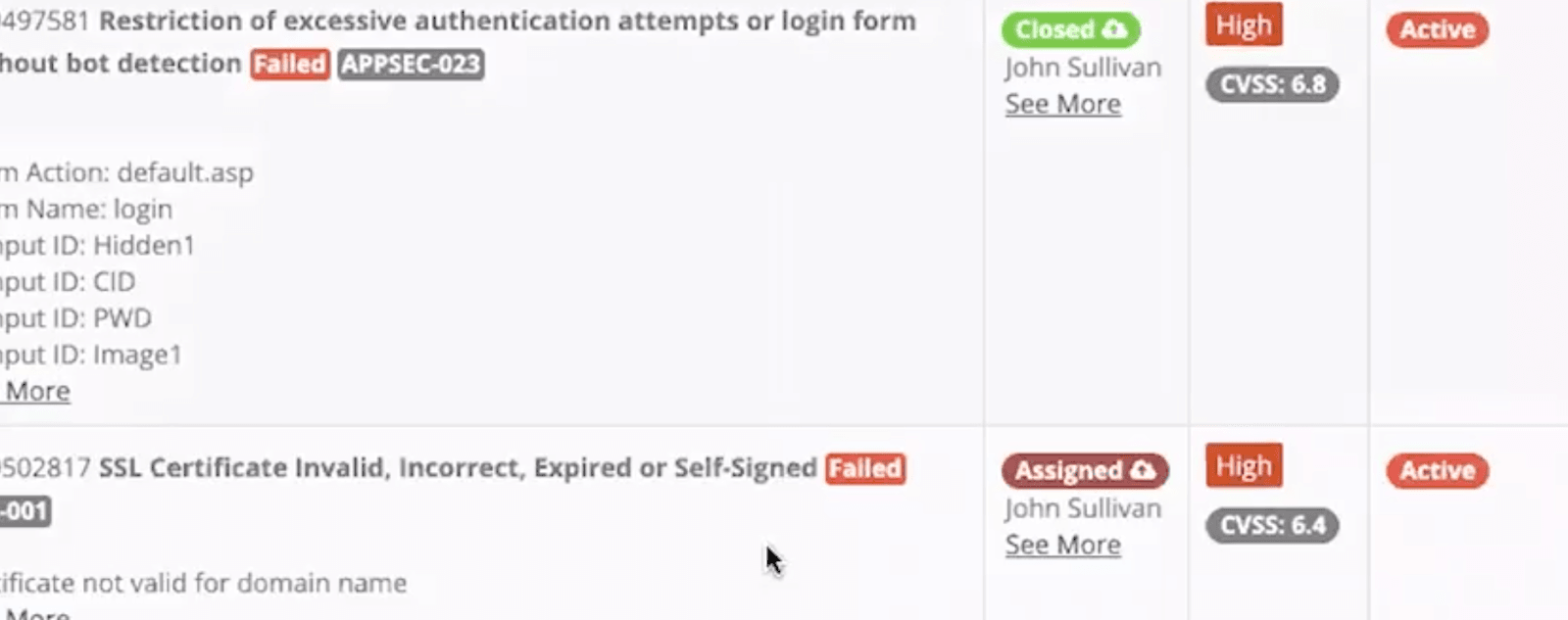Why a Ticketing System is Critical to Third-Party Risk Management
Published
Jun 16, 2020
Updated
Oct 27, 2025
Authors
Black Kite
Businesses strive to be more organized, focused and efficient. This productivity has a direct impact on costs, revenues, brand reputation and third-party relationships. Ticketing systems are useful means in guiding businesses to address alerts and issues both in an organization and in a third party.
As the only in-house cyber risk ticketing platform, Black Kite ticketing automates workflow to remediate continuous cyber risk monitoring issues. Here is why ticketing is effective in third-party risk management (TPRM) and how Black Kite’s new system can help.
What is a Ticketing System?
A ticketing system allows organizations to resolve issues related to a platform by managing and streamlining the process of remediation.
A ticket is simply an assignment created in response to a situation requiring further analysis and/or follow-up. Ticketing enables users to track issues with regards to assets or events.
Organizations can manage individual items, called tickets, which provide a description of what the recipient a.k.a. Ticket Owner encounters, along with other data such as, asset, category, severity, etc. Tickets serve as a record on a specific issue, its current status and other related information.
The benefits of ticketing in a third-party risk management process are numerous, including:
- Assign issues based on the skill-set of your contacts to resolve the problems at hand
- Help third-party risk managers prioritize issues and channel accordingly
- Enhance effective third-party platform interaction
- Enable communication consolidation
- Eliminate issues falling through the cracks
How Black Kite Ticketing Can Help
The new Black Kite ticketing platform allows users to assign cyber risk findings/issues to the most relevant contacts (e.g, with a matching skill-set or the relevant asset owner) on that particular company domain. The choice of assignment can be based on several filters in the platform such as the assets, modules (e.g, DNS health, Email Security, SSL/TLS), severity as well as the status of the finding.

With a follow-up and comment section, a user can monitor the progress of a finding. The “Drop a Comment section” allows users to nudge the process along by notifying Ticket Owners on the timeliness and importance of the ticket resolution. The entire comment-chain is logged in the system.

Tickets can also be reassigned to another user, perhaps a more relevant individual in an organization.
Ticket owners can take specific actions based on the improvements on the finding, such as fixing or closing the issue.

In summary, organizations can
- Automate workflow
- Make critical problems easy to fix
- Share findings with a contact within their organization or in a third party
- Monitor the issue
- Easily audit and control when a problem is fixed
- Nudge the process along
and stay on top of business needs. To watch the video, click here.